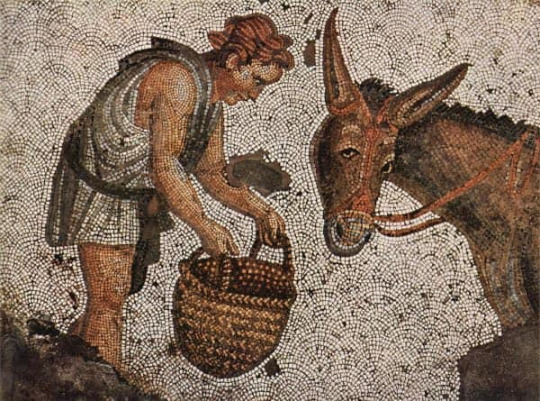Text

Medallion painting of Venus Aphrodite with a golden diadem and scepter, pearl earrings and necklace, House of Marcus Fabius Rufus, Pompeii. 1st century BC
2K notes
·
View notes
Photo

Cypriot, Head of a bearded man, 5th century BC (source).
168 notes
·
View notes
Text
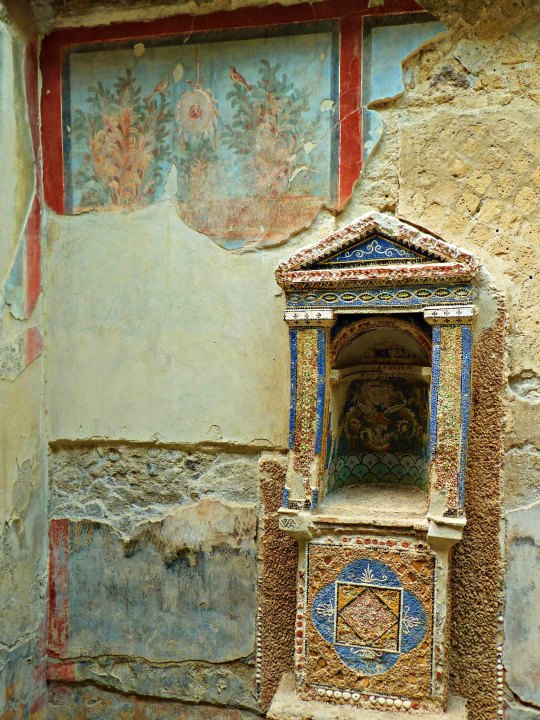
Lararium in the House of the Skeleton, Herculaneum, Italy.
Photography © Luis Adrián Rojas Yáñez
2K notes
·
View notes
Text
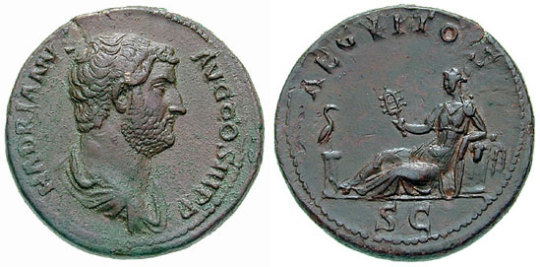
Bronze as minted by the Roman emperor Hadrian (r. 117-138 CE) between 134 and 138, to mark his visit in 130 to the province of Egypt. On the obverse, the bust of Hadrian, showing the Greek-style beard for which he was known; he is identified here as P(ATER) P(ATRIAE). On the reverse, an allegory of Egypt. The personified province reclines, her right hand holding a sistrum, the rattle often borne by the goddess Isis. Her left elbow rests on a basket of grain, representing the vital role of Egypt in supplying grain to Rome. At her feet, an ibis, symbol of the god Thoth, sits atop a column. Photo credit: Classical Numismatic Group, Inc. http://www.cngcoins.com
59 notes
·
View notes
Text
Ancient Greek Word of the Day
τρόπος | tropos (from τρέπω, "turn, divert") — way, course, direction; habit, custom, manner of speaking, a person's attitude, character or temperament; a recurring motif or figure of speech; a mode or style in music, poetry or philosophy; the moment at which an army routs on the battlefield
#wotd#word of the day#ancient greek word of the day#ancient greece#ancient greek#classics#classical languages#this is where we get the word 'trope'
28 notes
·
View notes
Text
Ancient Greek Word of the Day
γαλήνη | galene (from Proto-Indo-European *gelh-, "cheerfulness") — a state of serenity or peacefulness in the weather, particularly still winds and calm seas; the stillness of the deep water of the sea
#wotd#word of the day#ancient greek word of the day#ancient greece#ancient greek#classics#classical languages#this word was famously mispronounced by an actor in one of euripides' plays#he meant to say γαλήν' ὁρῶ “I see the calm sea”#instead he said γαλῆν ὁρῶ “I see the weasel”
13 notes
·
View notes
Text
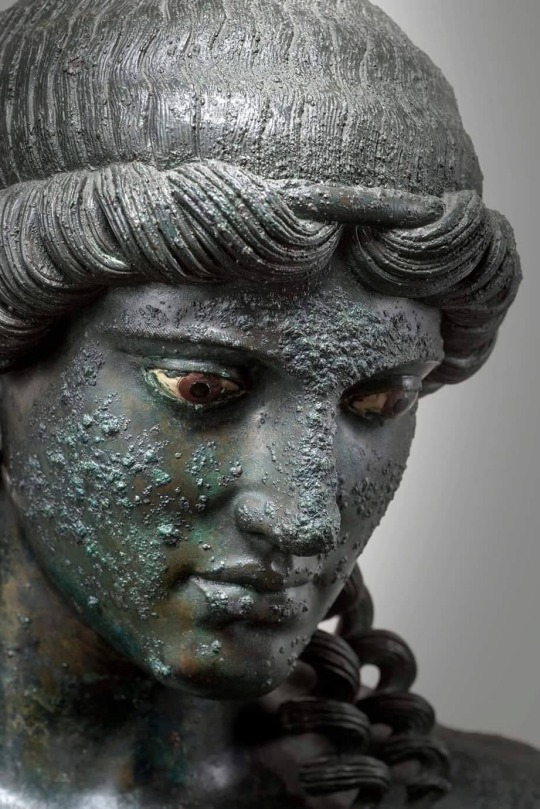
Apollon Kitharodos, Pompeii
Bronze copy of a Greek original
Second half of the 1st century BC.
Archaeological Museum of Naples
(Quote from Elena Koumpenaki)
1K notes
·
View notes
Text
Ancient Greek Word of the Day
πικρός | pikros (from Proto-Indo-European *peyk-, "hew, cut out") — pointed or sharp, something that is penetrating to the senses, such as tastes that are bitter or acidic, pungent smells, or sounds that are shrill or piercing; may also refer to someone that is vindictive, spiteful or antagonistic
#wotd#word of the day#ancient greek word of the day#ancient greece#ancient greek#classics#classical languages
14 notes
·
View notes
Text
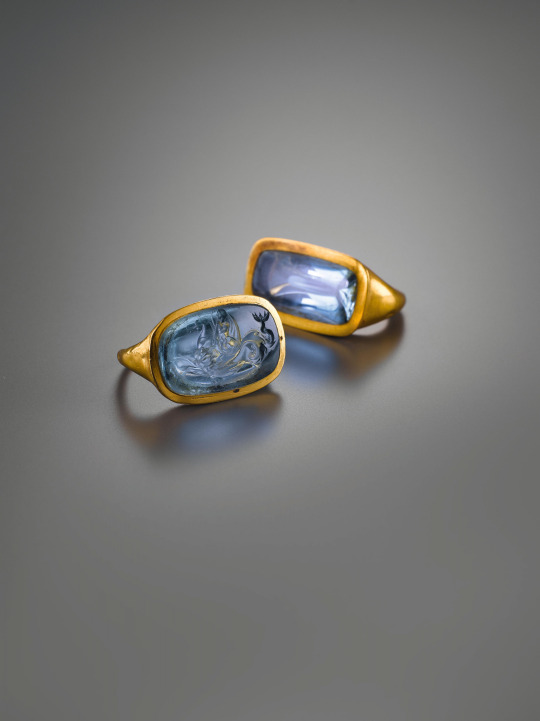
Gold rings with aquamarine gems, Roman, 1st century AD
from The State Museums of Berlin
885 notes
·
View notes
Text
Ancient Greek Word of the Day
γένεσις | genesis (from γίγνομαι, "come into being") — beginning, origin, birth; the act of creation; a living creature or sentient being
#wotd#word of the day#ancient greek word of the day#ancient greece#ancient greek#classics#classical languages#ever wonder why the first book of the bible is the book of genesis?
43 notes
·
View notes
Text
Ancient Greek Word of the Day
πόλις | polis (from Proto-Indo-European *tpelH-, "fortified place") — city, town or settlement [comprising the physical structures as well as the surrounding territory]; city-state, nation, one's country or state [comprising the laws, institutions and civic structures that define it]
#wotd#word of the day#ancient greek word of the day#ancient greece#ancient greek#classics#classical languages#was very hard to define this without using the word political at all
4 notes
·
View notes
Text
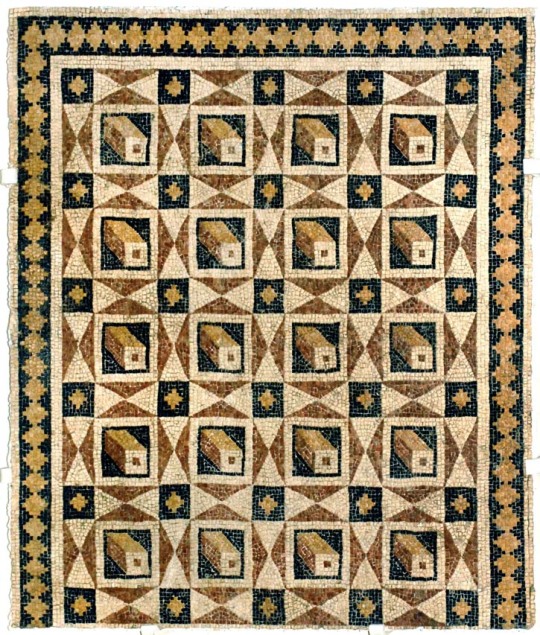
Mosaic with geometric designs, Roman, 3rd-4th century AD
from Dumbarton Oaks
307 notes
·
View notes
Text
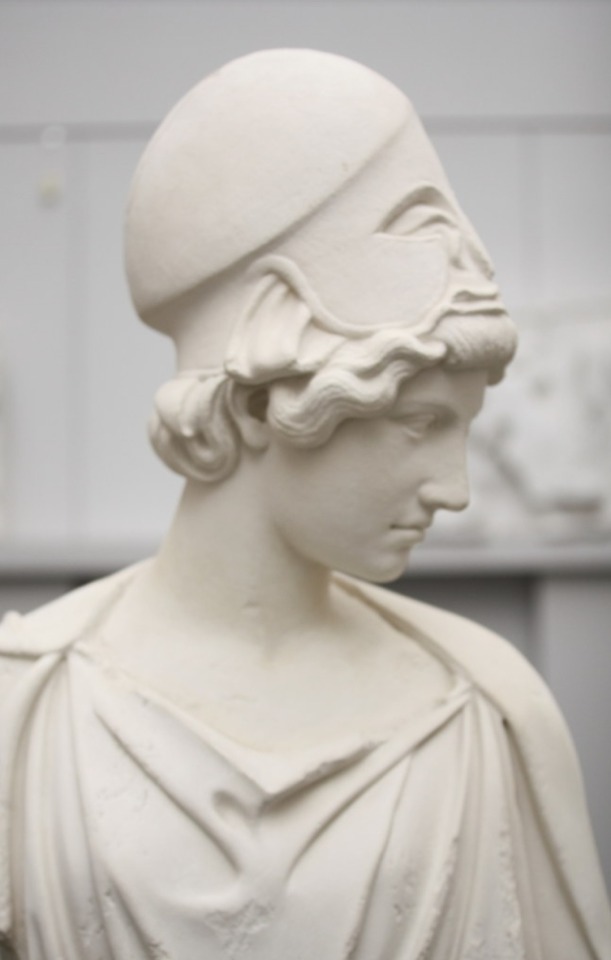


Athena
Roman copy of the 1st century AD.
Museum of Antiquities, Munich.
980 notes
·
View notes
Text
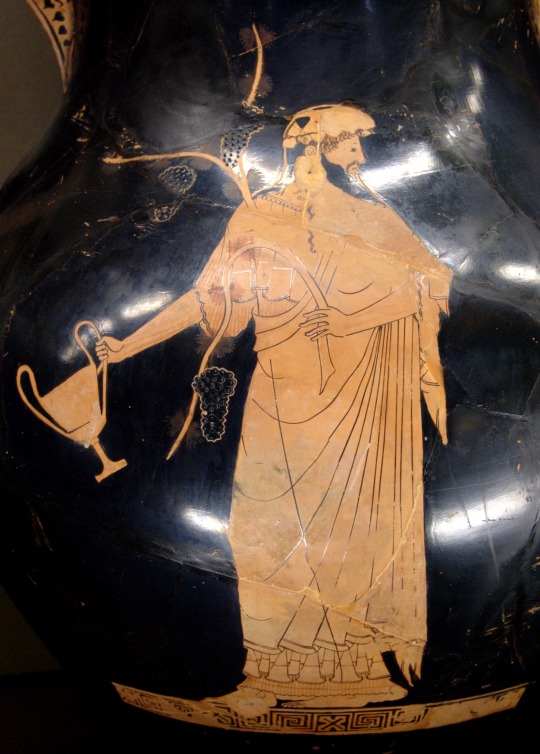
The god Dionysos, holding a kantharos (two-handled drinking cup) in his right hand and a grapevine in his left. Side A of an Attic red-figure amphora attributed to the Berlin Painter and dated between 490 and 480 BCE. Found at Vulci; now in the Louvre.
474 notes
·
View notes
Text
Ancient Greek Word of the Day
σκέψις | skepsis (from σκέπτομαι, "look at, consider") — examination, inquiry, investigation; a discernment or perception of the senses; a resolution or decree [when issued by a political body]
#wotd#word of the day#ancient greek word of the day#ancient greece#ancient greek#classics#classical languages#🤔
21 notes
·
View notes
Text
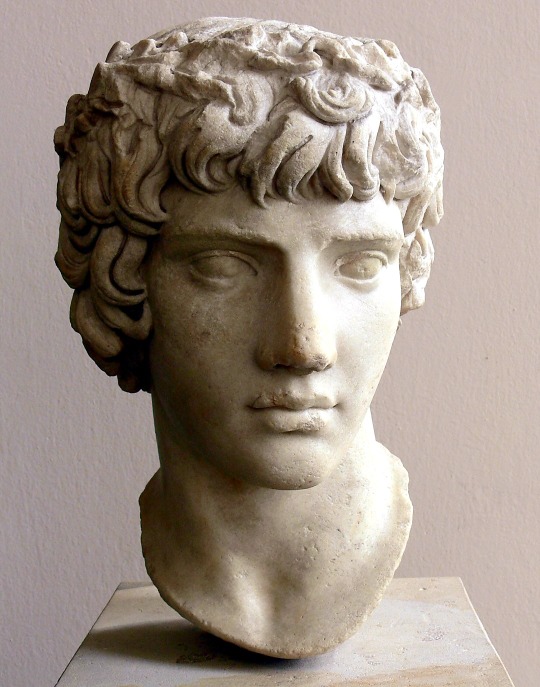
Head of Antinous
Discovered in 1878 in Cairo. Date: AD 130-138.
Pergamon Museum, Berlin.
2K notes
·
View notes
